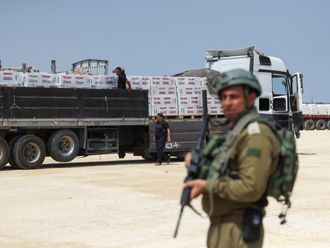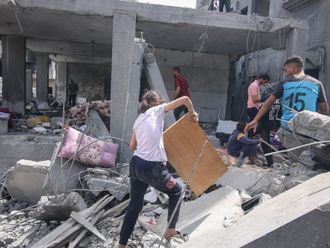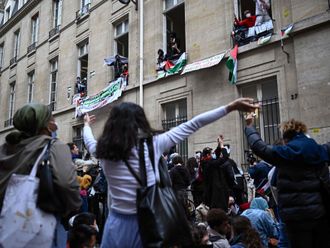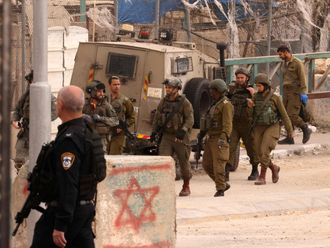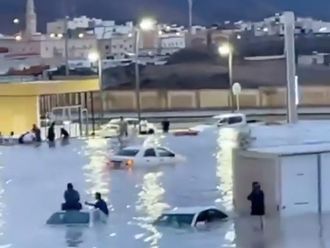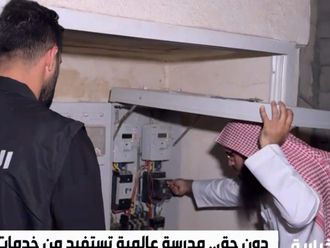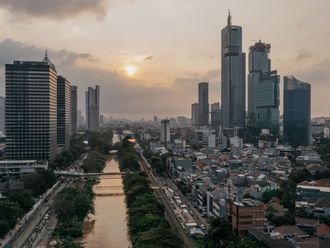Baghdad: Kurdish groups from Iraq, Turkey, Iran and Syria are planning to meet as early as next month for a congress to forge a united political stance amid rising regional instability, an Iraqi Kurdish official said.
The meeting will be “the first congress to be held on Kurdish land, and the first to gather all Kurdish parties and groups from across the political spectrum,” Kawa Mahmoud, spokesman for the Kurdistan Regional Government in northern Iraq, said in a telephone interview from Arbil. “We want to unify our voice and adopt mechanisms for coordination and solidarity.”
A committee will decide the date of the congress, which probably will be held in August in Arbil, the capital of the Kurdish-dominated region in Iraq, he said.
A wave of unrest across the Middle East has fuelled aspirations among some Kurds of forging their own state in the region they call “Kurdistan,” a land straddling the borders of eastern Turkey, northeast Syria, northern Iraq and northwestern Iran.
Kurds have been waging a bloody war against Turkish authorities for about three decades, and the government and rebels began talks this year aimed at ending it.
Kurdish communities in Syria have taken control of their regions since the outbreak of unrest in the country in 2011. In Iran, many Kurdish political activists remain in jail.
Oil Interest
In Iraq, Kurdish uprisings were crushed under the Arab- dominated regime of Saddam Hussain which was ousted by a US- led invasion in 2003.
Since then, the Kurdistan Regional Government has cemented its control over three provinces in northern Iraq, with a president, a cabinet and a parliament as well as armed forces of its own. The region has 45 billion barrels of oil and has attracted international companies such as Chevron Corp, Total SA, Exxon Mobil Corp, DNO International ASA, Genel Energy Plc.
“The congress isn’t meant to put in place a unified, centralised leadership, but to unify our positions in the face of the regional turmoil,” Mahmoud said.
“Each of the four Kurdish regions has its own different characteristics, which are mutually respected, and we don’t interfere in each other’s affairs. The Kurdish populations are free to decide their fate within their respective countries.”


